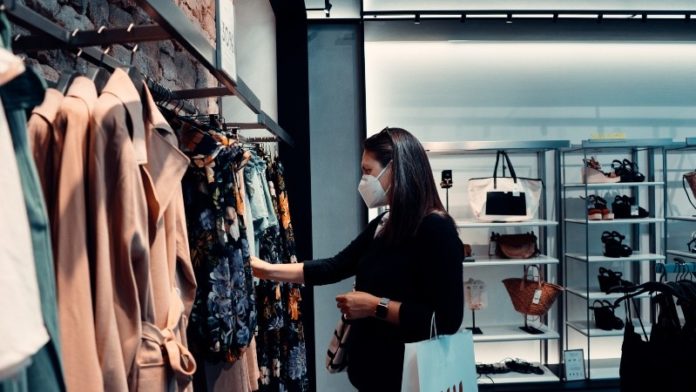
The Tennessee Consumer Outlook Index has plummeted to an all-time low as the effects of the coronavirus pandemic ripple throughout the state’s economy, according to a survey by Middle Tennessee State University.
The Overall Outlook Index is now in the negative range, declining all the way to -13 from 212 in March, reports the Office of Consumer Research in the Jennings A. Jones College of Business at MTSU.
“Clearly, the forced shutdown of the economy, the accompanying loss of jobs, and fears of a second wave of COVID-19 have driven consumers to hold very negative views of the overall economy,” said Tim Graeff, marketing professor and director of the Office of Consumer Research.
However, Tennessee consumers have not lost all hope as expectations for a positive economic rebound are growing, Graeff noted. The Future Expectations Index, one of three sub-indices tracked by the survey, improved to 89 from 66 in March and continues an upward trend since September 2019.
“This suggests a growing number of Tennessee consumers are becoming more optimistic about the future of the economy, an economic rebound, and an improving job market,” Graeff said.
The current online survey of 625 Tennessee consumers was conducted June 2-11 and has an error margin of 4%. To see the full report and previous reports, go to https://www.mtsu.edu/consumer/tnoutlookreports.php.
Other survey highlights:
• Most Tennessee consumers (59%) said it is either “extremely important” or “very important” that people wear masks when out in public around other people.
• Most Republicans (74%) approve of the way President Donald Trump is handling the pandemic, whereas most Democrats (87%) disapprove.
• With respect to Gov. Bill Lee, more consumers (40%) approve of the way he is handling the pandemic than disapprove (24%).
Even though the other sub-indices — Current Situation Index and the Purchasing Index — declined significantly from March, those drops were expected because the previous survey was conducted at the beginning of March, before the mandated business shutdowns across the state to stem the spread of the novel coronavirus.
“Unfortunately, many consumers feel uncomfortable resuming their normal shopping, dining and other consumer-related activities,” Graeff said. “These fears, combined with the imposed inability to go out and engage in consumer-related activities, have led to an expected decline in spending.”
But one reason for the improving optimism is that the current economic decline is not the result of economic policies or structural problems with the economy. Thus, it did not result from consumers’ inability to spend but in large measure from consumers not being allowed to spend.
“Typical economic recoveries are driven by efforts to encourage consumers to spend. In contrast, this economic recovery will be driven by allowing consumers to spend and their perceived level of safety while spending (shopping, dining out, etc.),” Graeff noted.
“Many Tennessee consumers want to spend, and will spend, when they are allowed to spend, and when they feel comfortable (safe) spending.”
For more information, contact Graeff at 615-898-5124 or [email protected]. Or visit www.mtsu.edu/consumer.














